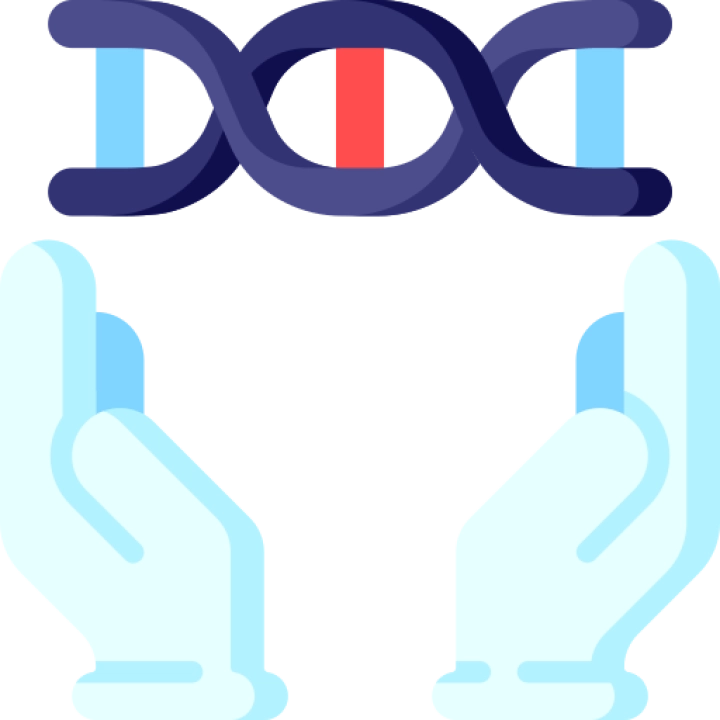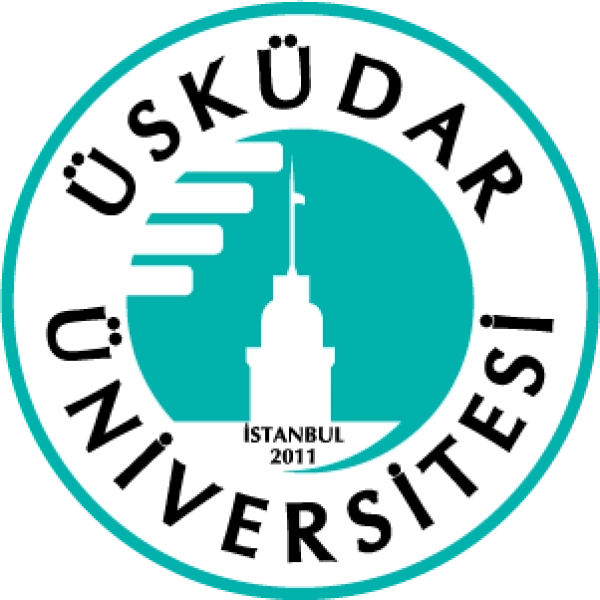Major Title: Medical Genetics
Major Description:
This major integrates principles of genetics, genomics, and molecular biology with clinical applications to understand, diagnose, and manage genetic disorders. Students explore the genetic basis of human diseases, inheritance patterns, and cutting-edge genomic technologies while developing skills in genetic counseling, laboratory analysis, and ethical decision-making. The program prepares graduates for careers at the intersection of medicine and genetic science, with applications in clinical diagnostics, research, and personalized medicine.
Learning Objectives:
- Understand human genetics and patterns of inheritance
- Analyze the molecular basis of genetic disorders
- Interpret genetic testing results and genomic data
- Apply bioinformatics tools to genetic analysis
- Communicate genetic risk information effectively
- Evaluate ethical, legal, and social implications of genetic advances
- Perform basic laboratory techniques in genetic testing
- Understand pharmacogenomics and personalized medicine approaches
- Navigate genetic counseling principles and practices
Course Outline:
Core Genetic Foundations
- Human Genetics
- Mendelian and non-Mendelian inheritance
- Chromosomal structure and abnormalities
- Molecular Genetics
- DNA replication, transcription, and translation
- Mutations and their clinical significance
- Genomics & Bioinformatics
- Genome sequencing technologies
- Data analysis and interpretation
Clinical Applications
- Medical Genetics
- Genetic basis of common diseases
- Cancer genetics and epigenetics
- Genetic Testing & Diagnostics
- Laboratory techniques (PCR, karyotyping, NGS)
- Variant classification and reporting
- Genetic Counseling Principles
- Risk assessment and communication
- Psychosocial aspects of genetic conditions
Specialized Topics
- Pharmacogenomics
- Genetic influences on drug response
- Clinical implementation challenges
- Ethical/Legal/Social Issues
- Genetic privacy and discrimination
- Informed consent processes
- Emerging Technologies
- Gene therapy approaches
- CRISPR and genome editing
Practical Training Components:
- Wet lab techniques (DNA extraction, electrophoresis)
- Case-based genetic risk assessment exercises
- Bioinformatics database searches
- Simulated genetic counseling sessions
- Clinical observation opportunities
Technology Integration:
- Genome analysis software
- Electronic medical record systems
- Variant interpretation platforms
- Telegenetics applications
Program Duration:
4-year Bachelor of Science degree (prepares for graduate programs in genetic counseling or medical genetics)
Certification Pathways:
- Board certification eligibility (with additional graduate study)
- Laboratory certification options
- Genetic counselor assistant credentials
Career Outcomes:
- Genetic Counselor (with Master's degree)
- Clinical Research Coordinator
- Genetic Laboratory Technician
- Medical Science Liaison
- Public Health Genetic Specialist
- Pharmaceutical Genomics Specialist
Professional Advantages:
- Growing field with advancing technologies
- Interdisciplinary career opportunities
- Strong preparation for medical or graduate school
- High-impact work improving patient care
This program provides comprehensive training in one of medicine's most dynamic fields, equipping students with the knowledge and skills to contribute to the genomic revolution in healthcare while navigating its complex ethical landscape. Graduates will be prepared for diverse roles translating genetic discoveries into clinical applications that improve human health.

